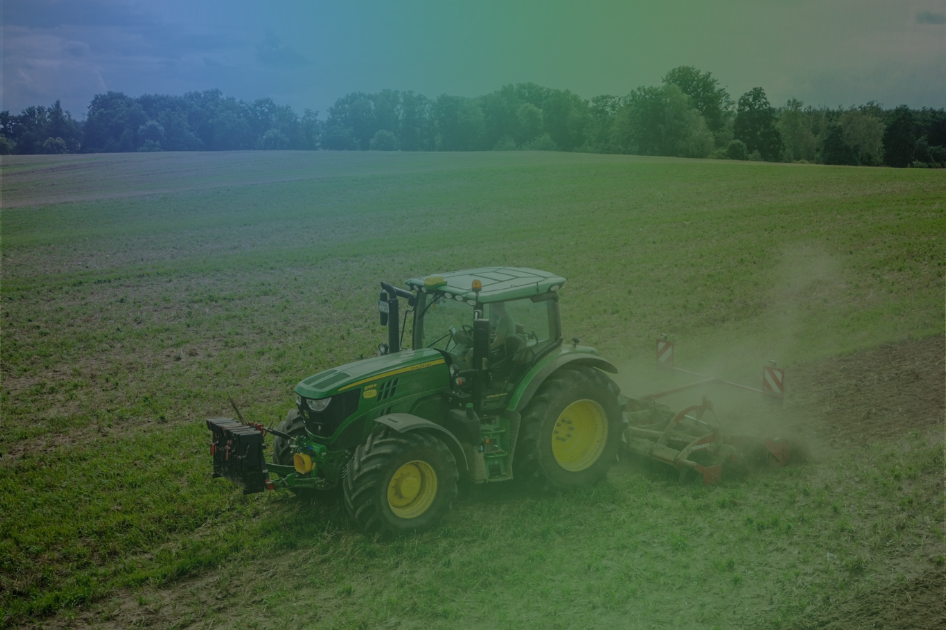At the core of Africa's sustainable development challenge lies a multifaceted puzzle, where the crucial pieces of water, energy, and food deeply intertwine. These elements are the linchpin of progress and prosperity, as well as the backbone of sustainable and climate-resilient communities.
The equation
Water is indispensable for both agriculture and electricity generation, while energy powers vital processes such as water treatment and food production. That is why, when harnessed effectively through integrated business models, these three dimensions can amplify productivity and drive socio-economic progress. This is the concept behind the Water-Energy-Food (WEF) Nexus approach, which is increasingly significant in worldwide development.
African energy amid water shortages
Yet, in many regions across Africa, reliable access to water remains a significant hurdle. This scarcity affects not only basic human needs but also agriculture and energy production. Over 8.5 million people in the region grapple with severe water shortages. Moreover, the World Bank estimates that energy production in Africa is up to ten times more water-intensive than in other parts of the world, making it a significant contributor to the continent's recurrent power crises.
Meeting growing demands
It is estimated that by 2030¹ Africa’s water consumption will increase by 283% compared to 2005 levels, food demand by 60% compared to 2015 levels, and electricity demand by 70% compared to 2016 levels. These surges are driven by a growing population, urbanization, and the rise of the middle class. The Water-Energy-Food Nexus emerges as a potent solution to meet these demands effectively. Innovative technologies like PV shading for horticulture, precision irrigation, and cold storage are revolutionizing agriculture, offering unprecedented efficiency and success. Still, innovative solutions tailored to local contexts and specific challenges are the need of the hour.
Challenges and opportunities
Despite heightened awareness, several challenges hinder the development of Water-Energy-Food nexus projects. These include the pervasive "silo mentality"², limited financing options, a lack of scalable business models, and insufficient technical expertise. To ensure the success of WEF models, concerted efforts are needed. Advocacy and dialogue campaigns should promote the inclusion of WEF models in national regulations, while fostering partnerships among private actors in the energy, water, and agriculture sectors. Mobilizing resources and refining WEF-based business models will also be essential, with the international private sector playing a pivotal role.
A path to africa's energy transition
Increased adoption of WEF models can accelerate Africa's energy transition and enhance its resilience against climate change impacts. With the right strategies and tools, Africa's water, energy, and food systems can usher in a sustainable future for the continent and its people. For this reason, collaborative initiatives and efforts like Ecomondo and RES4Africa Foundation are dedicated to exploring innovative solutions that can shape a brighter and more sustainable future for the African continent.

An article by Res4Africa Foundation
Notes:
¹ ² According to a report by RES4Africa Foundation co-funded by the European Union and the German Federal Ministry for Economic Cooperation and Development (BMZ) and Implemented by GIZ.
PUBLICATION
22/09/2023














